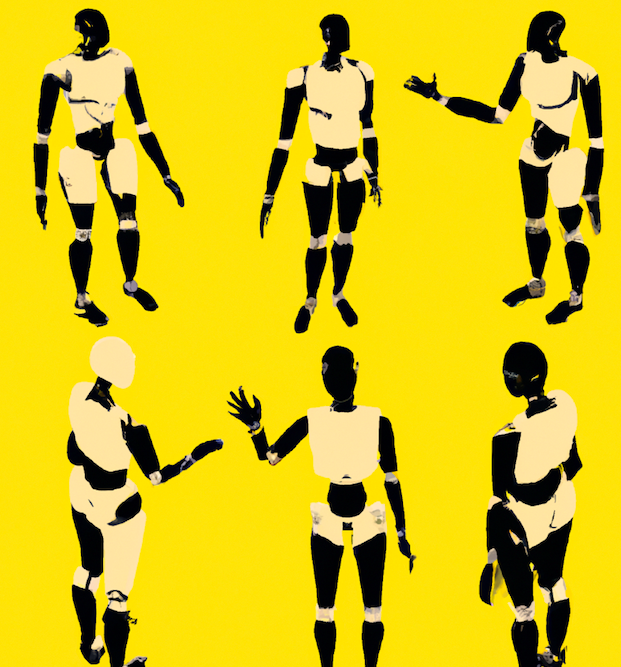Reflections – The Great Mirror of AI
As artificial intelligence (AI) continues to advance and permeate various aspects of our lives, ethical considerations and regulatory frameworks become paramount. AI’s capabilities and potential raise important questions about responsibility, accountability, and the human impact of these technologies.
The ethical use and regulation of AI are crucial to ensure that its development and deployment align with societal values, fairness, and the protection of individuals. In this article, we explore the great mirror of AI, which reflects our own humanity, and how we can control and regulate AI to safeguard its impact.

The Great Mirror of AI: Reflecting Human Values
AI systems are created by humans and trained on data generated by humans, which means they inherently carry biases and values. The decisions made by AI systems can have far-reaching consequences, from employment to healthcare and criminal justice. Recognising this, it is essential to establish ethical guidelines and regulations to prevent AI from perpetuating or amplifying existing biases and discrimination. Human oversight and control are vital to ensuring that AI systems operate in a manner that is fair, transparent, and accountable.
Regulating AI
Striking the Right Balance is essential. Regulatory frameworks play a critical role in governing the development, deployment, and use of AI technologies. Governments and organisations around the world are working to establish guidelines that address concerns related to privacy, transparency, bias, and accountability. On one hand, regulations should foster innovation and encourage the responsible development of AI. On the other hand, they must safeguard against potential harm, protect privacy rights, and ensure the equitable distribution of benefits.
Ensuring Accountability and Transparency
To maintain trust in AI systems, transparency and accountability are crucial. Clear guidelines should be established to ensure that AI developers and users understand the limitations and potential risks of AI systems. This includes transparency in how AI algorithms make decisions, providing explanations and justifications when needed. Additionally, mechanisms for accountability, such as audits and external oversight, can help identify and rectify biases or discriminatory outcomes.
Ethical Considerations: Beyond Legal Compliance
Organisations and individuals working with AI should take a proactive approach to address potential ethical dilemmas. This involves assessing the potential societal impact of AI applications, considering the long-term consequences, and prioritising human well-being. Ethical AI development should encompass values such as fairness, inclusivity, privacy, and respect for human autonomy.
THE AGE OF AI
The promise of artificial intelligence (AI) to drive economic growth and improve quality of life has opened up new marketing opportunities. In our blog, we explore the various advances…
Read our articles below on this topic.
HOW IT WORKS
Our mission is to connect marketing experts with companies in a fast and transparent way.
1
TELL US ABOUT YOUR PROJECT
We help you determine your goals
2
CONNECT WITH YOUR MARKETER
We can match you with a marketer
3
ENJOY THE FRUITS OF SUCCESS
You can now see the business growth



